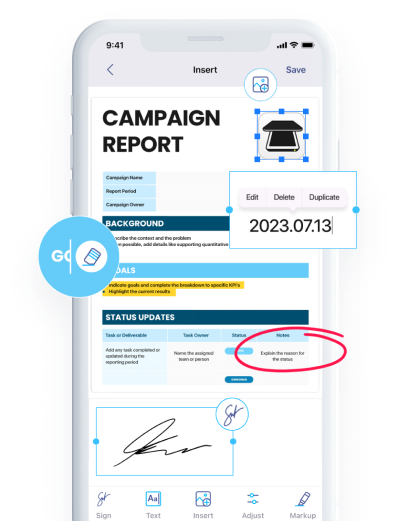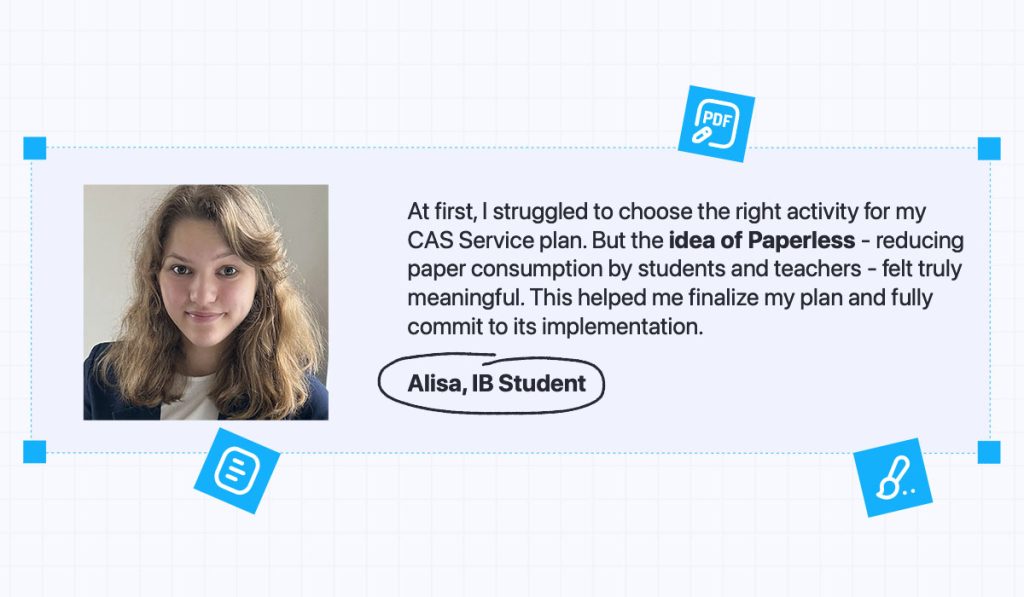

03 apr 2025
Many of us have thought about volunteering at least once, but that’s where the matter is usually dropped. How can you find the suitable type, and what steps should you take? This is especially true when it comes to volunteering for school students, when the roles, responsibilities, and results of a project can be truly overwhelming. Let’s find out how to get involved in volunteering while being useful, obtaining organizational and presentational skills, and staying stress-free.
Volunteering is a great activity for people of all ages, including schoolchildren. Many schools and universities now include it in their programs.
Let’s take the IB CAS, for instance. It’s a key part of International Baccalaureate which encourages students to participate in activities beyond their studies. The goal is to help students grow personally, develop new skills, and contribute to the community.

Volunteering has many benefits for mental and physical health as well. Studies show that it helps improve mood, reduce depression, and increase life satisfaction. It can also boost self-esteem and provide a sense of purpose.
Moreover, volunteering is a fantastic opportunity to meet new people. Studies reveal that young people aged 18–24 are among the most likely to say volunteering helped them feel less isolated.
To cut a long story short, CAS, like any volunteering, helps children grow in many ways, but it also comes with its own challenges.
Volunteering often places a heavy responsibility on children, not to say that not everyone is ready to participate in political campaigns, help at hospitals, or get involved in activities like gardening or cleaning.
Ecological projects, in particular, might not sound very tempting. A study conducted in 2020 found that, despite a large number of ecological programs out there, school student participation remains low. The main reason is that most programs don’t match their interests or motivation. The same study revealed that students are motivated by a desire to contribute to and support the local community. They’re also driven by the chance to gain knowledge, acquire new experiences, build self-confidence, and become role models for their friends and family.
Keeping this in mind, we have an idea that might catch your interest.
Our idea is about helping nature in a fun and engaging way. We’d like to focus on the cause rather than the consequences, and instead of collecting or sorting garbage, we suggest changing the habit of paper consumption. Sounds a bit tricky? No worries, we’ll break it down.
The thing is, apps like iScanner help reduce paper use. Users can digitize, edit, and export files and documents without needing to print them out.
What makes iScanner stand out is that it tracks your environmental impact and shows you how many trees you’ve saved by scanning documents. So far iScanner users have saved almost 50K trees. The math is pretty simple: one A4 sheet contains 13 to 21 grams of wood.

So, if you think your child’s school uses too much paper, we invite them to join a volunteer project called “Manage Your Paper Footprint for a Better Future.” It’s a great way to make a real difference, and the only thing you need to do it is your smartphone!
The whole thing takes three steps.

That’s it! If you have any questions, don’t hesitate to ask anything you need at [email protected].
